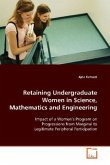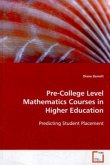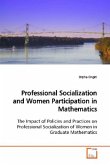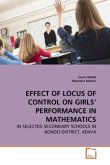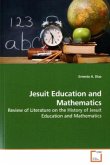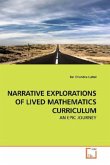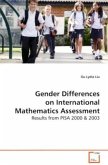Mathematics is often viewed as a set of invariant
prepositions, theorems, and axioms. However, from a
historical perspective, these mathematical objects
and results have evolved and are contingent on
cultural developments within society. Studies of
teacher learning suggest that teachers tend to make
sense of new ideas through existing views of the
nature of mathematics: in this way, images of the
nature of mathematics impact pedagogy.
In this book I investigate the experiences of four
elementary teachers as they engaged in a professional
development project concerned with designing a series
of mathematics lessons where historical stories were
used as instructional tools. Working with three
emerging metaphoric themes, I consider how images of
the nature of mathematics can be altered through
immersion in the uncertainty and indeterminacy of
historical mathematical stories. By creating with the
teachers a parable that presents mathematics as a
vibrant and creative activity , the predominant view
many elementary teachers have of mathematics as
isolated facts and procedures that must be memorized
is challenged.
prepositions, theorems, and axioms. However, from a
historical perspective, these mathematical objects
and results have evolved and are contingent on
cultural developments within society. Studies of
teacher learning suggest that teachers tend to make
sense of new ideas through existing views of the
nature of mathematics: in this way, images of the
nature of mathematics impact pedagogy.
In this book I investigate the experiences of four
elementary teachers as they engaged in a professional
development project concerned with designing a series
of mathematics lessons where historical stories were
used as instructional tools. Working with three
emerging metaphoric themes, I consider how images of
the nature of mathematics can be altered through
immersion in the uncertainty and indeterminacy of
historical mathematical stories. By creating with the
teachers a parable that presents mathematics as a
vibrant and creative activity , the predominant view
many elementary teachers have of mathematics as
isolated facts and procedures that must be memorized
is challenged.


